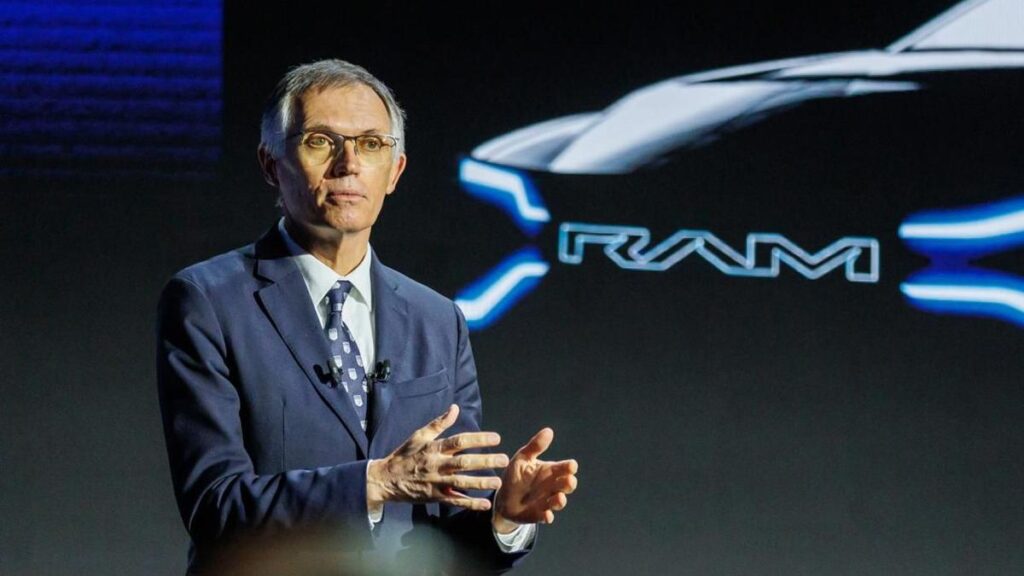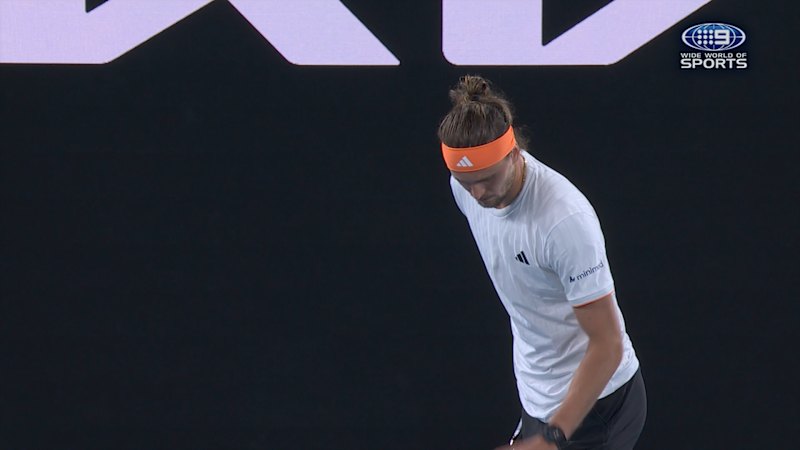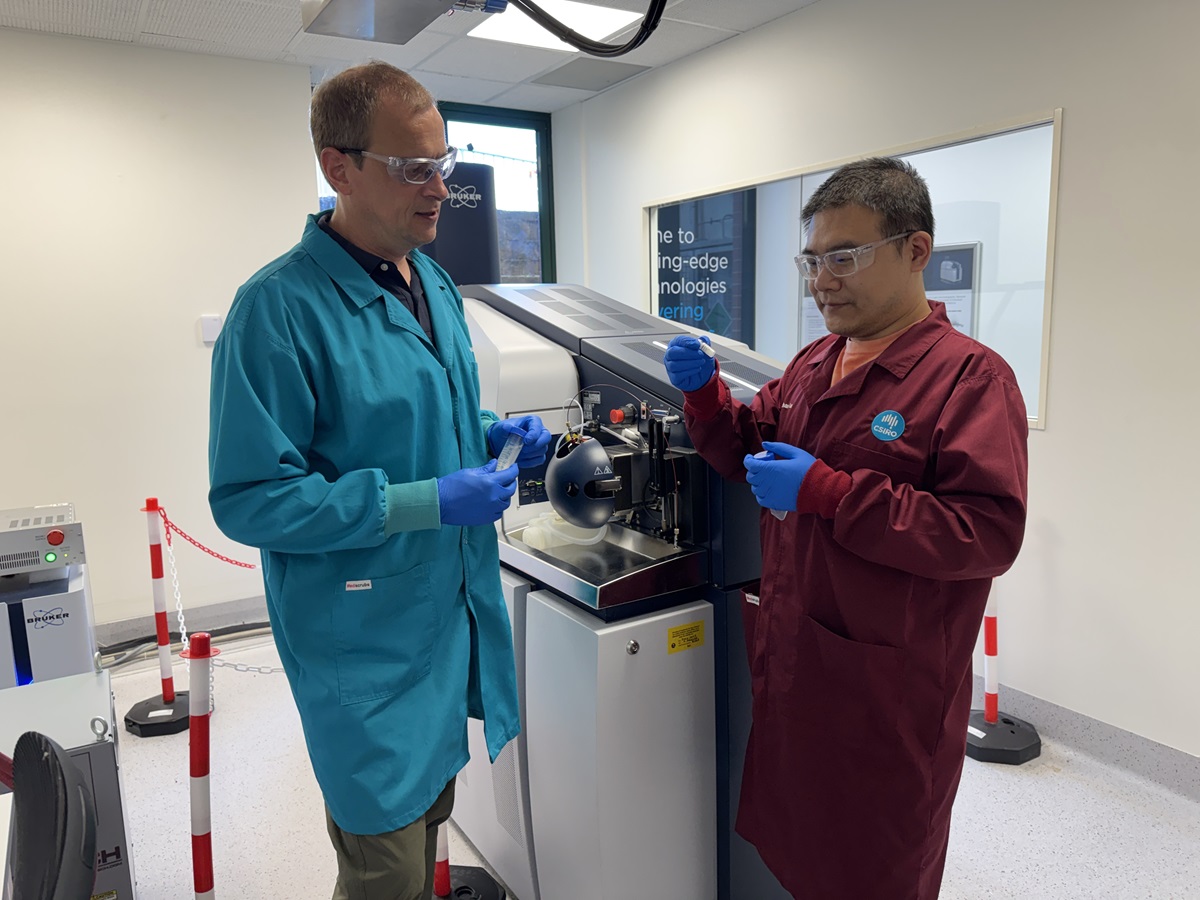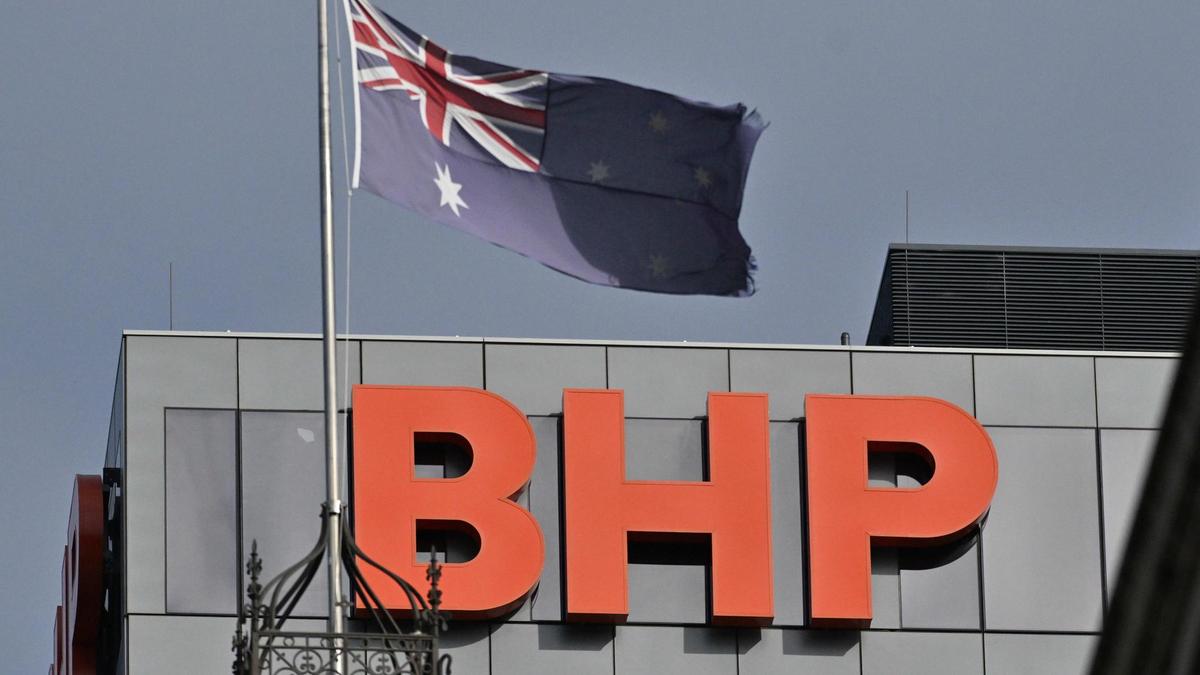
Carlos Tavares, the former CEO who was instrumental in the formation of Stellantis through the merger of the PSA Group and Fiat Chrysler, has expressed concerns that the automaker could face a breakup due to ongoing internal tensions. Since resigning abruptly in December 2024, Tavares has not returned to the automotive industry and has recently completed a book titled A Pilot in the Storm.
In his book, Tavares highlighted his worries about the fragile balance between the company’s Italian, French, and American interests. He stated, “I am worried that the three-way balance between Italy, France and the US will break.” He emphasized that the company’s survival hinges on daily efforts to maintain unity. Without this focus, he warned, Stellantis risks being pulled apart by competing interests.
Tavares speculated that one possible future scenario could involve a Chinese manufacturer acquiring Stellantis’ European operations, with American stakeholders reclaiming control over North America. During Tavares’ leadership at PSA, the Chinese company Dongfeng was one of its largest shareholders, alongside the Peugeot family and the French government. However, during the merger with Fiat Chrysler, Dongfeng was required to reduce its stake to alleviate U.S. regulatory concerns. This raises questions about how European regulators would respond to a significant Chinese acquisition of a major European automaker, especially following the European Union’s imposition of heavy tariffs on Chinese electric vehicles last year.
In June 2024, Stellantis appointed Antonio Filosa, previously the chief quality officer and chief operating officer for North America, as the new CEO. Filosa, who has been with Fiat since 1999 and has extensive experience in Latin America, has reportedly sparked fears within the company of a shift towards a more American-centric focus. Under his leadership, Stellantis has revived the Hemi V8 engine, which Tavares had sought to phase out, and cancelled several projects, including the electric Ram 1500 REV pickup truck.
Tavares expressed uncertainty regarding the defense of French interests in Stellantis, noting, “With me gone, I am not sure that the French interests that I always had at heart — whether you believe it or not — will be as well defended.” His tenure at the PSA Group was marked by a dramatic turnaround. When he took over in 2014, PSA had experienced losses of €8 billion (approximately A$14 billion) over two years. Through a strategy focused on profitability rather than volume, and a commitment to cost-cutting measures, Tavares turned PSA into a profitable enterprise with some of the highest margins in the automotive industry.
Following this success, Tavares orchestrated the acquisition of Opel/Vauxhall from General Motors in 2017, quickly returning the brands to profitability after years of financial struggles. With his reputation bolstered by these achievements, he played a key role in engineering the merger between PSA and Fiat Chrysler, which was publicized as a merger of equals. While the merger resulted in eight brands—Fiat/Abarth, Alfa Romeo, Lancia, Maserati, Chrysler, Dodge, Jeep, and Ram—Stellantis inherited a number of Fiat Chrysler brands that had been neglected in terms of new products for years.
Despite initial optimism, Tavares’ relentless focus on cost management led to discontent among employees, unions, and suppliers. As profit margins began to decline, this discontent manifested in boardroom disagreements about the company’s future direction, ultimately contributing to his resignation.
As Stellantis navigates this challenging period, the potential for fragmentation looms large, highlighting the delicate dynamics that exist within the company. The company’s future direction will be closely monitored as it grapples with internal strife and external pressures in the evolving automotive landscape.






